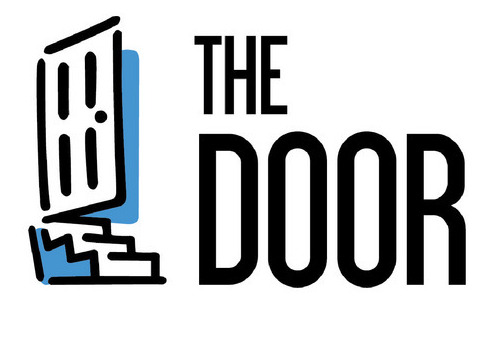
Fair Futures: Advancing Fairness for Foster Youth

On the morning of Monday, March 25th, over 200 people rallied on the steps of City Hall to advocate for New York City’s foster youth. With several City Council members in attendance, the rally highlighted the stories of former foster care youth, as well as the work that leading nonprofit organizations are doing to support them.
Leading this rally and advocacy campaign is a group called Fair Futures, a coalition of over 80 different nonprofit organizations, child welfare agencies, foundations, advocates, and young adults. The Coalition is working to ensure that government agencies fulfill their promise to NYC’s foster youth and offer them the supports they need to succeed in school, work, and life.
Central to Fair Futures’ mission is a “Coaching” model for youth who have aged out of the foster care system, created out of a need to improve the life outcomes of foster care youth. Only 22% of youth who age out of the foster care system will graduate high school. College attendance rates are even lower: only 12% of foster care youth will enroll in a college or vocational program. With a Coaching model, however, young people are provided with a mentor, who can assist them in anything from securing housing to navigating personal relationships. Well-established child welfare organizations, such as Graham Windham and the New York Foundling, have successfully implemented this model. Of those foster care youth who do have a Coach, nearly 90% have a high school degree or equivalency by age 21.
Similar advocacy work for foster care youth has developed in other states and municipalities, who have already acted on reforming the foster care system this year. Peer coaching models in California, Oregon, and Washington State have provided supports, particularly educational, for youth aging out of the foster care system. These programs have seen similar success rates to that of the Coaching model, increasing the high school graduation rates of foster care youth and placing them on par with their non-foster care counterparts. Foster care advocates have also successfully lobbied state legislators for increased funding in Virginia, West Virginia, Kansas, Vermont, and Pennsylvania.
The Coalition is currently asking the City to invest $50 million annually to expand the coaching model to all youth in and aging out of foster care from ages 14 to 26. If funding is secured, New York would become the first in the nation to offer long-term, wraparound support for foster youth from middle school until the age of 26. In a promising development, the New York City Council’s Response to the Mayor’s Preliminary Budget, released last week, calls for a $10 million investment in this initiative next year, with a ramp up to the full $ 50 million within three years. Long-term support provides the necessary transformative support that foster care youth need to successfully transition into adulthood.
Given the success of current NYC-based coaching models and similar models in other states, it is no surprise that Fair Futures’ work has gained traction.
Get The Latest From Capalino! Sign up for our free weekly newsletter for a roundup of top news and appointments from New York City and State government straight to your inbox every Friday. Click here to subscribe to Affairs+Appointments.

